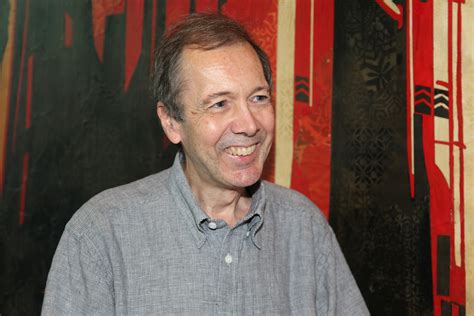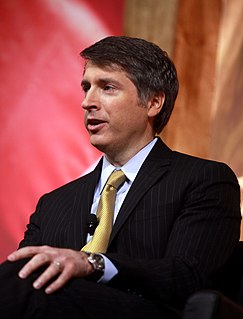A Quote by William Poundstone
People tend to be clueless about prices. Contrary to economic theory, we don't really decide between A and B by consulting our invisible price tags and purchasing the one that yields the higher utility, he says. We make do with guesstimates and a vague recollection of what things are “supposed to cost.”
Related Quotes
The horn of dilemma of energy politics is what really drives concern about this energy in this country, at the gut level for most people, is high gas prices. And if you really want to fight global warming and try to reduce our carbon emissions, the cleanest, easiest, most rational way to do it would to make the price of gas even higher through very stiff gas prices.
In the richest country in the history of the world, this Obama economy has crushed the middle class. Family income has fallen by $4,000, but health insurance premiums are higher, food prices are higher, utility bills are higher, and gasoline prices have doubled. Today more Americans wake up in poverty than ever before.
The idea that when people see prices falling they will stop buying those cheaper goods or cheaper food does not make much sense. And aiming for 2 percent inflation every year means that after a decade prices are more than 25 percent higher and the price level doubles every generation. That is not price stability, yet they call it price stability. I just do not understand central banks wanting a little inflation.
The determination of the value of an item must not be based on its price, but rather on the utility it yields. The price of the item is dependent only on the thing itself and is equal for everyone; the utility, however, is dependent on the particular circumstances of the person making the estimate. Thus there is no doubt that a gain of one thousand ducats is more significant to a pauper than to a rich man though both gain the same amount.
The attributes of God have been carefully explored. But the Devil's attributes have been left vague. I think I've found one of them. It is he who puts the prices on things." "Doesn't God put a price on things?" "No. One of his attributes is magnanimity. But the Devil is a setter of prices, and a usurer, as well. You buy from him at an agreed price, but the payments are all on time, and the interest is charged on the whole of the principal, right up to the last payment, however much of the principal you think you have paid off in the meantime.
I do not mean to impugn the social justice and social expediency of the redistribution of incomes aimed at by N.I.R.A. and by the various schemes for agricultural restriction. The latter, in particular, I should strongly support in principle. But too much emphasis on the remedial value of a higher price-level as an object in itself may lead to serious misapprehension as to the part which prices can play in the technique of recovery. The stimulation of output by increasing aggregate purchasing power is the right way to get prices up; and not the other way round.
Within one's own family money is not the measure of things, unless the person is an absolute Scrooge. Only the most extreme kind of monster would put a price on everything. There are all kinds of other things that we are not supposed to sell - political influence being one of them. We too rarely have public conversations about the common sense of money. We too rarely talk about the human cost of putting some of these economic measures into effect.
People always get what they want. But there is a price for everything. Failures are either those who do not know what they want or are not prepared to pay the price asked them. The price varies from individual to individual. Some get things at bargain-sale prices, others only at famine prices. But it is no use grumbling. Whatever price you are asked, you must pay.
There's no necessary connection between maximizing social utility or economic wealth and creating a flourishing democracy. The first does not guarantee the second. The only way to create a flourishing democracy is to find ways to reason together about the big questions, including hard questions about justice and the common good, to reason together about these questions so that we as citizens can decide how to shape the forces that govern our lives.



































